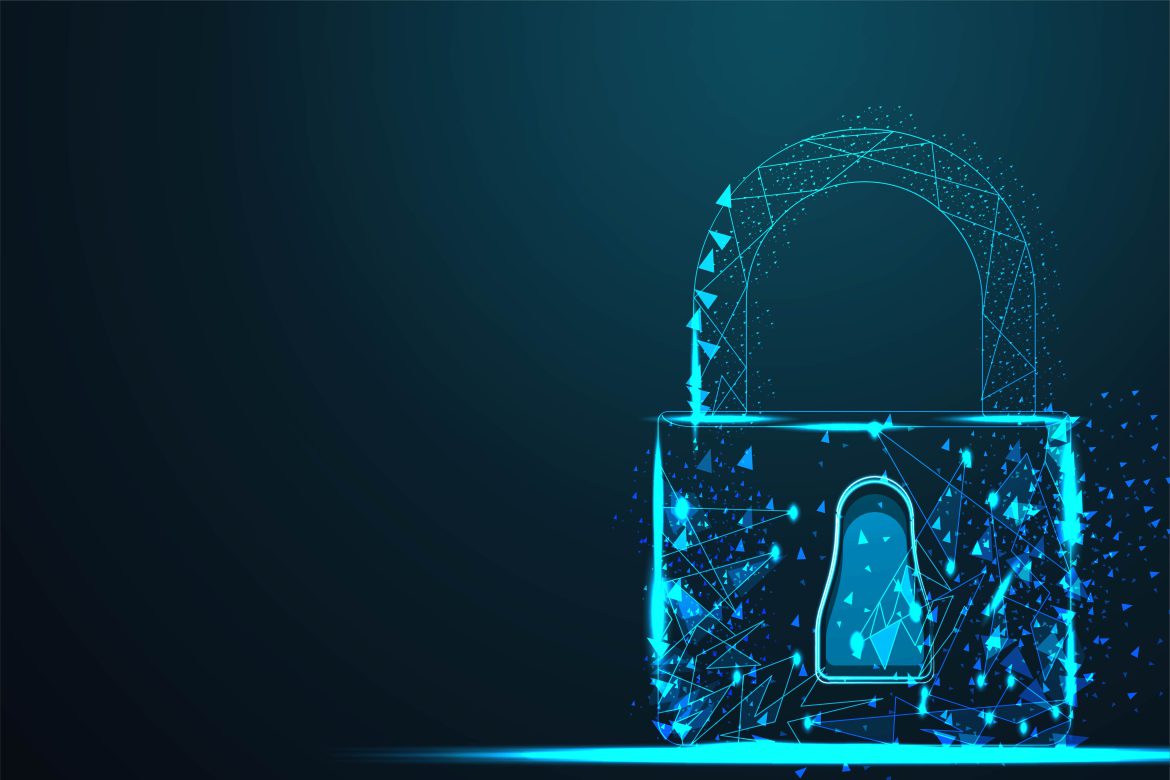Understanding Cybersecurity
Imagine a world without locks on doors, where personal and sensitive information flows freely and is susceptible to anyone with malicious intent. That is the digital era we navigate daily before the intervention of a strong cybersecurity measure.
Now that we have a brief knowledge of what cybersecurity is, let’s dive into the meaning, overview, components, and importance of cybersecurity in today’s digital world.
What is CYBERSECURITY?
Cybersecurity is the practice of protecting computer systems, networks, and data from theft, damage, or unauthorized access. With the increasing reliance on digital technology in both personal and professional settings, understanding cybersecurity has become essential for individuals, businesses, and governments.
Cybersecurity is one of the major components of IT that plays a vital role in protecting sensitive information, prevents cyber-attacks, maintains business continuity, and helps in safeguarding an organization’s reputation and customer trust.
By understanding this, we can proceed to shed more light on why cybersecurity is of necessity especially in the IT space. Before we get into the importance, the following are the key components of cybersecurity:
- Cloud Security
- Network Security
- Information Security
- Application Security
- End point Security
To Understand cybersecurity, we must also be aware of the common cyber threats that individuals and organizations face. Common cyber threats include; Malware, Phishing, Denial-of-service (DOS) attacks, Man-in-the-Middle (MitM) attacks.
Importance of Cybersecurity
- Protection of Sensitive Data
Cybersecurity is essential for protecting sensitive information, such as personal data, financial records, and intellectual property, from unauthorized access, theft, and misuse.
- Prevention of Cyber Attacks
Effective cybersecurity measures help prevent and mitigate the impact of cyber-attacks, reducing the risk of data breaches, financial losses, and damage to an organization’s reputation.
- Compliance with Regulations
Many industries are subject to regulatory requirements concerning data protection and cybersecurity. Implementing cybersecurity best practices is crucial for ensuring compliance with these regulations and avoiding legal sanctions and fines.
- Maintenance of Business Continuity
Cybersecurity is vital for maintaining business continuity and minimizing downtime in the event of a cyber-attack or data breach. Implementing data backup, disaster recovery, and incident response plans helps organizations quickly recover from cyber incidents and resume normal business operations.
- Safeguarding Intellectual Property and Trade Secrets
Cybersecurity plays a vital role in safeguarding intellectual property (IP) and trade secrets, which are valuable assets for many organizations, especially those in technology and other sectors. Unauthorized access to IP and trade secrets can result in significant financial losses, competitive disadvantages, and damage to an organization’s innovation and market position. Implementing strong cybersecurity measures, such as access controls, encryption, and data loss prevention (DLP) solutions, helps protect confidential information and intellectual assets from cyber threats and insider threats, preserving the organization’s competitive edge and fostering innovation.
- Enhancing Customer Trust and Loyalty
Cybersecurity plays a crucial role in enhancing customer trust by demonstrating an organization’s commitment to protecting customer data and privacy. By prioritizing cybersecurity and safeguarding customer information from cyber threats and data breaches, organizations can strengthen customer relationships, enhance brand reputation, and differentiate themselves in the marketplace, leading to increased customer loyalty and business growth.
Cybersecurity has become an indispensable aspect of IT. With the increasing reliance on technology, businesses and individuals alike must prioritize safeguarding their sensitive information from cyber threats. Also, understanding that cybersecurity is crucial in today’s digital age protects computer systems, networks, and data from cyber threats and ensures the confidentiality, integrity, and availability of information.
For more blog articles like this, stay subscribe to our newsletter to receive the latest updates, trends, and news.





